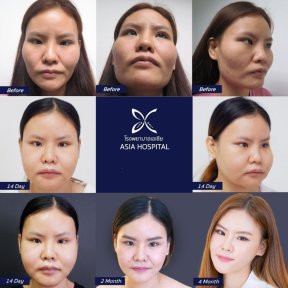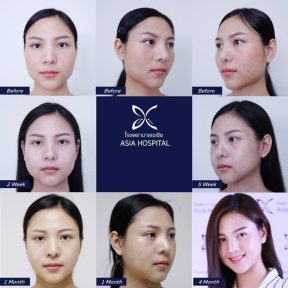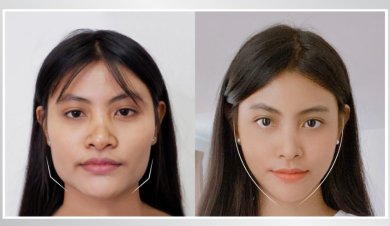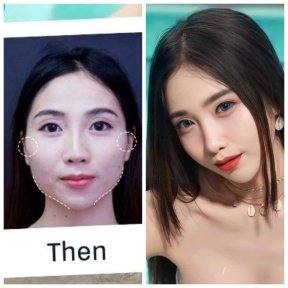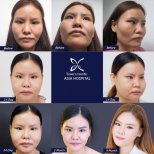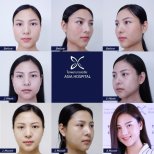Dr. Chatchai Jiraadisai and an ISAPS-certified surgical team perform zygomatic bone reduction at the JCI-accredited Asia Cosmetic Hospital. This all-inclusive package, priced at about $4,700, covers pre-operative blood tests, EKG, X-rays, and general anesthesia administered by qualified anesthesiologists. The single-visit treatment includes VIP nursing, an English translator, take-home medications, and 6 months of free follow-up care.
